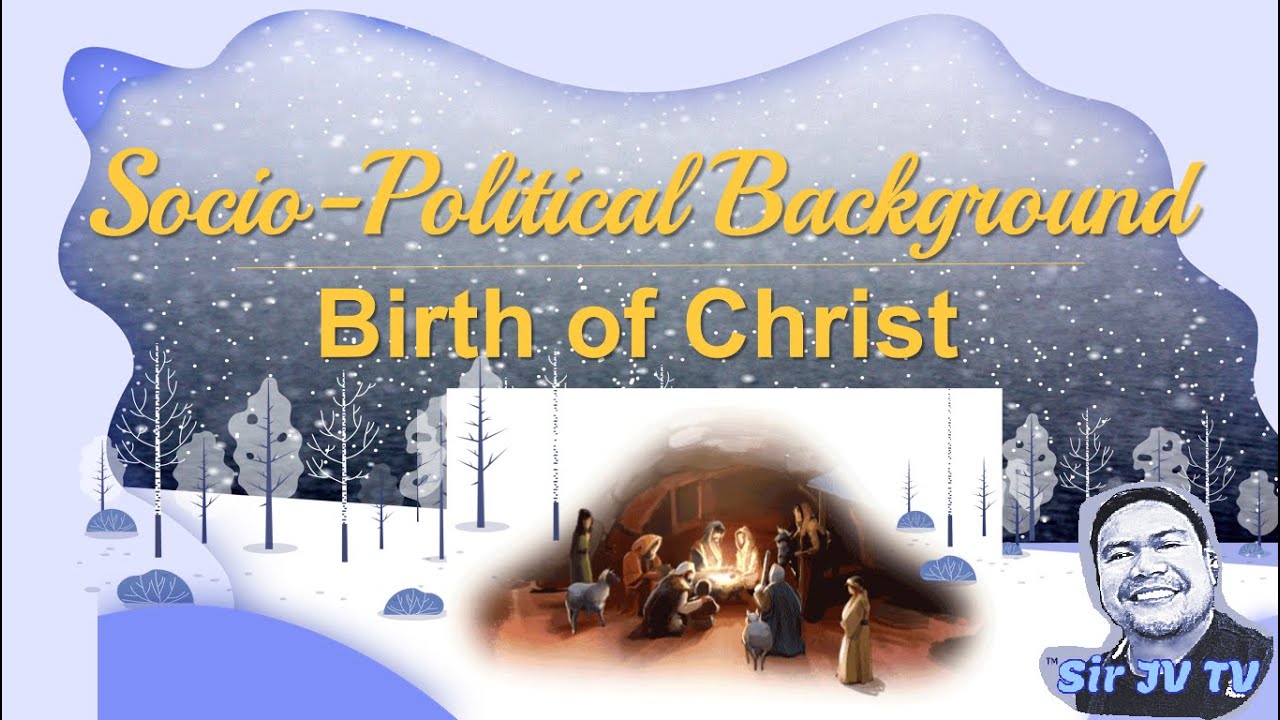2.2 The Colonial Politics of Divide and Rule
Summary
TLDRThe transcript explores the strategies employed by colonial powers to maintain control over their empires, focusing on settlement, indirect rule, and divide-and-rule tactics. It highlights how these methods fostered racial tensions and political instability in postcolonial states, with Zimbabwe illustrating land ownership disparities and Rwanda demonstrating the catastrophic consequences of artificially constructed ethnic divisions. The speaker argues that the roots of the 1994 Rwandan genocide lay not in ethnic hatred but in economic collapse and colonial legacies, emphasizing the enduring impact of colonialism on contemporary society.
Takeaways
- 😀 Colonial powers used various strategies to maintain control over their empires, including settlement, indirect rule, and divide and rule.
- 😀 The settlement strategy involved significant migration of settlers, leading to the displacement of indigenous populations and post-colonial racial tensions.
- 😀 In Zimbabwe, white settlers owned a disproportionate amount of land, creating economic disparities that fueled conflict during and after colonization.
- 😀 Indirect rule relied on co-opting local elites, which often generated tensions between indigenous communities and their leaders, undermining post-colonial governance.
- 😀 Divide and rule involved pitting different ethnic or social groups against each other to weaken resistance to colonial authority.
- 😀 The British employed divide and rule in India by exacerbating tensions between Hindus and Muslims, and similarly in Nigeria with ethnic divisions.
- 😀 The Rwandan genocide was rooted in colonial policies that entrenched divisions between Hutus and Tutsis, rather than inherent ethnic animosities.
- 😀 Belgian colonial officials enforced a rigid ethnic identity system through identity cards, which solidified social divisions that previously allowed for mobility.
- 😀 Economic collapse in Rwanda during the 1990s, exacerbated by falling coffee prices, contributed to the conditions that led to the genocide.
- 😀 The genocide was a result of both economic turmoil and colonial-era policies that fostered division, culminating in a horrific conflict that claimed over 800,000 lives.
Q & A
What were the three main strategies employed by colonial powers to maintain control?
-The three main strategies were settlement, indirect rule, and divide and rule.
How did the settlement strategy impact indigenous populations in colonies?
-Settlement often led to the displacement and marginalization of indigenous populations, as settlers claimed land and political authority.
What was the effect of British settlement in Southern Africa, particularly in Zimbabwe?
-In Zimbabwe, British colonists claimed land, relegating black Africans to tenant farming, which created significant racial and economic inequalities.
How did indirect rule function in colonial contexts?
-Indirect rule involved co-opting local elites to govern on behalf of colonial powers, often generating tensions between these elites and indigenous communities.
What is the divide and rule strategy, and how was it implemented?
-Divide and rule involved exacerbating social divisions among different groups to weaken unity, allowing colonial powers to maintain control by positioning themselves as mediators.
Can you provide an example of divide and rule from the transcript?
-In Rwanda, colonial authorities exacerbated tensions between Hutus and Tutsis, leading to the latter being placed in positions of power, which fueled resentment among Hutus.
How did the introduction of identity cards in Rwanda affect social dynamics?
-The identity cards entrenched ethnic divisions by categorizing individuals as Hutu or Tutsi, reducing social mobility and solidifying divisions that had previously been more fluid.
What role did economic factors play in the Rwandan genocide?
-The economic collapse due to falling coffee prices exacerbated poverty and unrest, leading to scapegoating of Tutsis and ultimately to the genocide.
What misconceptions surround the Rwandan genocide, according to the transcript?
-The genocide is often mischaracterized as stemming from longstanding ethnic hatred, while it was actually a result of colonial policies and economic crises.
What lessons can be drawn about colonial strategies and their long-term impacts?
-Colonial strategies like divide and rule have lasting consequences on postcolonial societies, often perpetuating conflict and inequality long after colonial powers have left.
Outlines

此内容仅限付费用户访问。 请升级后访问。
立即升级Mindmap

此内容仅限付费用户访问。 请升级后访问。
立即升级Keywords

此内容仅限付费用户访问。 请升级后访问。
立即升级Highlights

此内容仅限付费用户访问。 请升级后访问。
立即升级Transcripts

此内容仅限付费用户访问。 请升级后访问。
立即升级浏览更多相关视频

DAMPAK KOLONIALISME DAN IMPERIALISME: Bidang Politik, Ekonomi, dan Hukum

Ang Kolonyalismo at Imperyalismong Kanluranin sa Pangkapuluang Timog Silangang Asya Q2 W3-4 (Part2)

PENGARUH MONOPOLI DALAM PERDAGANGAN

HISTORY OF INDONESIA in 12 Minutes

Kisah Penjajahan Belanda di Indonesia Pada Abad 16 | IPS | SayaBisa

Socio-Political Background / Birth of Christ / Module 3.2 / Religion and Ethics 1
5.0 / 5 (0 votes)
